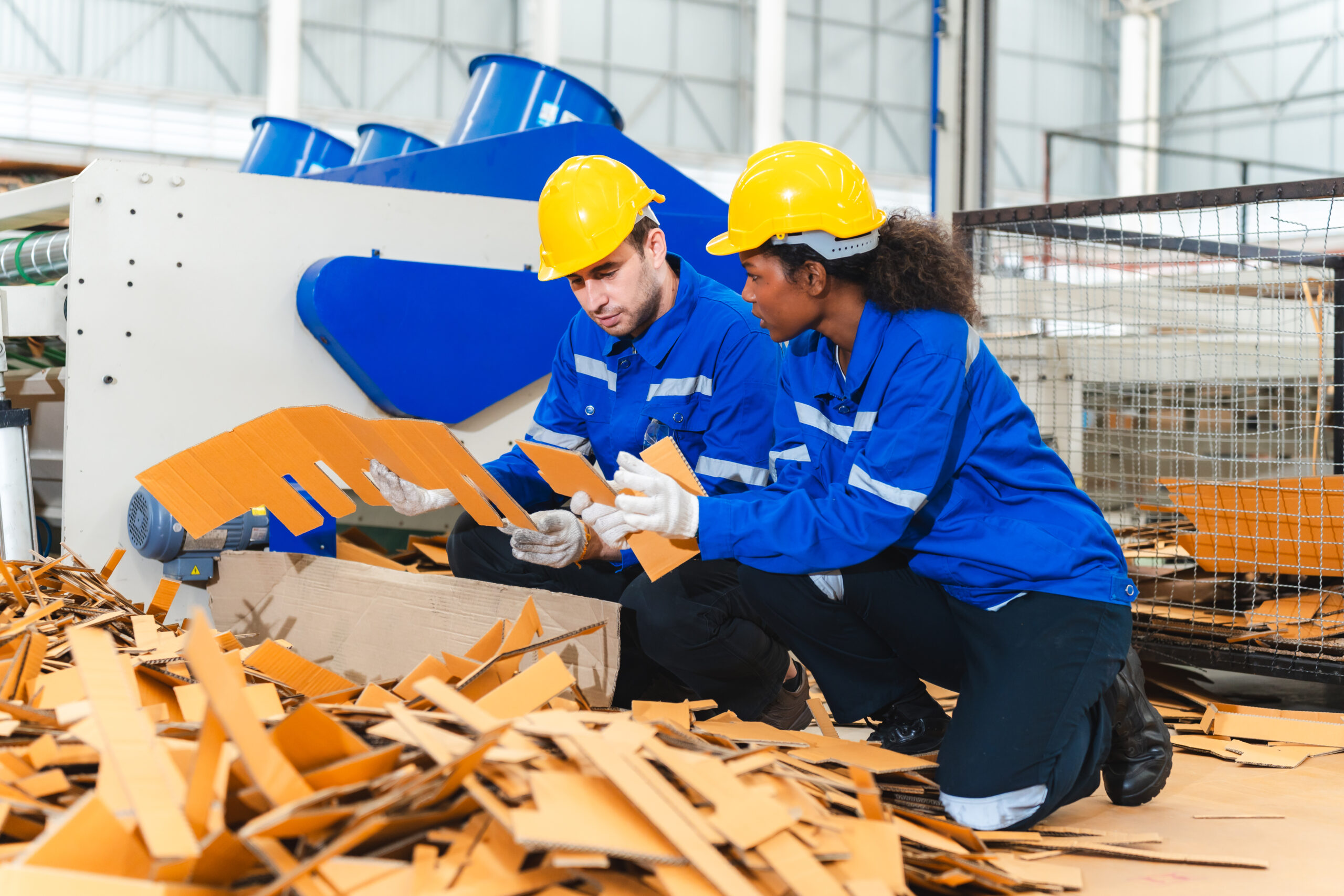Introduction
The global rise in electronic waste (e-waste) poses a significant challenge for environmental sustainability. Manufacturing companies, as primary producers of electronics, are pivotal in addressing this issue. By implementing robust e-waste recycling programs, they can reduce environmental impact, conserve valuable resources, and enhance their corporate social responsibility. This article explores the strategies, technologies, and policies that manufacturing companies can adopt to effectively manage and recycle e-waste.
What is E-Waste?
E-waste refers to discarded electrical and electronic equipment, including computers, mobile phones, televisions, and household appliances. These items often contain hazardous materials such as lead, mercury, and cadmium, alongside valuable components like gold, silver, and rare earth metals. Proper recycling is crucial to mitigate health risks and environmental damage while recovering valuable materials.
Why Should Manufacturing Companies Implement E-Waste Recycling Programs?
1. Environmental Benefits
- Prevents hazardous substances from contaminating soil and water.
- Reduces greenhouse gas emissions associated with producing new materials.
2. Economic Advantages
- Recovers valuable raw materials, reducing the need for mining.
- Creates new jobs in the recycling and resource recovery sectors.
3. Regulatory Compliance
- Helps companies adhere to environmental laws and regulations, such as the WEEE Directive in Europe and the National Solid Waste Policy in Brazil.
4. Corporate Social Responsibility (CSR)
- Demonstrates commitment to sustainability, enhancing brand image and customer trust.
How Can Manufacturing Companies Implement E-Waste Recycling Programs?
1. Integration of Reverse Logistics
Reverse logistics involves managing the return of end-of-life products to the manufacturer for recycling or repurposing.
Steps in Reverse Logistics:
- Collection: Set up take-back programs and collection centers for used electronics.
- Sorting and Testing: Assess products to determine which components can be reused or recycled.
- Processing: Extract valuable materials and safely dispose of hazardous substances.
Benefits:
- Reduces waste sent to landfills.
- Creates a closed-loop supply chain, promoting sustainability.
Case Study:
A study on reverse supply chains demonstrated significant cost reduction and resource recovery for manufacturers implementing this approach (Singh et al., 2022).
2. Public-Private Collaboration
Importance of Partnerships:
- Collaboration with governments and NGOs can enhance collection efforts.
- Integrating informal recycling sectors, especially in developing countries, improves efficiency.
Example:
In India, integrating informal recyclers into formal systems has improved recycling outcomes while addressing financial and logistical challenges (Shirodkar & Terkar, 2017).
3. Incentive Mechanisms for Consumers
Implementation Strategies:
- Offer financial incentives like discounts on new purchases for returning old electronics.
- Implement deposit-refund schemes to encourage participation.
Evidence of Effectiveness:
Incentive programs significantly boost consumer participation in recycling initiatives (Jafari et al., 2017).
4. Leveraging Advanced Recycling Technologies
Role of Technology:
- Collaborative robots (cobots) assist in dismantling electronics, reducing costs and hazards.
- AI-driven sorting systems improve material recovery efficiency.
Research Insights:
Combining human expertise with robotics optimizes recycling outcomes (Mozos & Rentería, 2017).
Example of Technological Impact:
| Technology | Benefits |
| Robotics | Enhanced precision |
| AI Sorting | Higher efficiency |
| Automated Dismantling | Reduced labor costs |
5. Formalizing Recycling Processes
Why Formalization is Necessary:
- Ensures safety and environmental compliance.
- Reduces reliance on hazardous informal recycling methods.
Case Example:
Formal recycling facilities significantly mitigate health risks and improve recycling efficiency (Ceballos & Dong, 2016).
6. Global and Regional Recycling Networks
The Best-of-2-Worlds (Bo2W) Philosophy:
- Combines local dismantling with global processing for hazardous components.
- Creates eco-efficient systems tailored to regional needs.
Example:
Pilot projects in India and China demonstrate the success of Bo2W frameworks (Wang et al., 2012).
Advantages:
- Eco-efficient recycling.
- Cost-effective processing.
7. Educating Consumers
Importance of Awareness Campaigns:
- Promotes proper disposal methods.
- Encourages participation in recycling programs.
Example:
Programs in Brazil emphasize consumer education under the National Solid Waste Policy (Azevedo et al., 2017).
Methods:
| Campaign Type | Goal |
| Social Media | Wide-reaching awareness |
| School Programs | Educating future generations |
8. Legislative Support
Role of Government:
- Enforce regulations mandating e-waste recycling.
- Provide subsidies to incentivize formal recycling.
Examples:
- Extended Producer Responsibility (EPR) policies in China and Thailand (Kojima et al., 2009).
Benefits of E-Waste Recycling Programs
| Aspect | Benefit |
| Environmental Impact | Reduced pollution from hazardous substances. |
| Economic Gains | Recovery of valuable raw materials. |
| Health and Safety | Minimized exposure to toxic chemicals. |
| Social Responsibility | Enhanced brand image and consumer trust. |
Conclusion
Manufacturing companies have a unique opportunity to lead the way in e-waste recycling. By integrating reverse logistics, fostering public-private collaborations, offering incentives, adopting advanced technologies, formalizing recycling processes, and leveraging global networks, they can significantly contribute to sustainability. Education and legislative support further ensure long-term success. Together, these strategies pave the way for a cleaner, greener future.

Leave a Reply